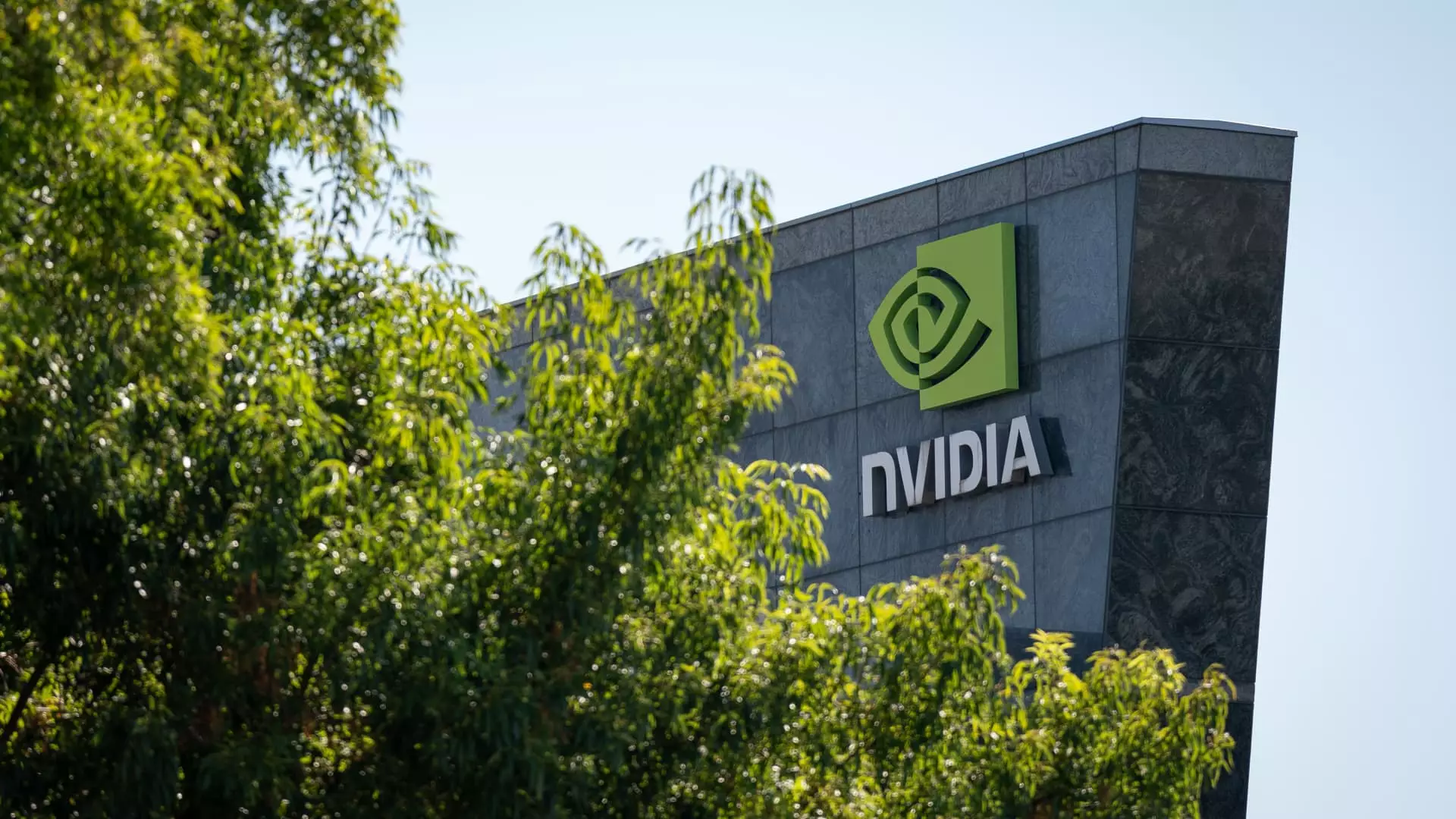As we navigate through 2024, the investment landscape is increasingly defined by optimism surrounding artificial intelligence (AI). This sentiment has sparked significant upward movement in key indices such as the S&P 500, particularly benefitting companies within the semiconductor and utilities sectors. For investors, seeking reliable returns inevitably means identifying firms with substantial long-term growth potential. In this context, insights from Wall Street analysts are instrumental; their assessment of market dynamics helps navigate the complexities of stock selection.
To illustrate, we’ll delve into three noteworthy companies that analysts favor in the current market scenario. Their performance not only hinges on technological advancements but also on their strategic positioning within rapidly evolving sectors.
First on our list is Fortinet (FTNT), a cybersecurity company that positions itself at the forefront of the secure access service edge (SASE) domain. By integrating machine learning and AI technologies, Fortinet aims to enhance the security landscape for enterprises—a critical necessity as cyber threats grow in sophistication and number.
Recent endorsements from TD Cowen analyst Shaul Eyal highlight a growing confidence in Fortinet’s recovery trajectory. Eyal has elevated his price target for Fortinet from $75 to $90, reflecting optimism fueled by strong demand observed across the company’s diverse product portfolio. Notably, channel checks suggest that Fortinet’s third-quarter figures could exceed expectations, indicating robust operational performance. The analyst’s projections for a 12% growth in revenues for Q4 also stem from consistent closures and a healthy pipeline leading into a traditionally strong quarter.
One pivotal factor driving this momentum is Fortinet’s increasing foothold in operational technology products. With a long-term replacement cycle poised to phase out legacy systems, Fortinet stands to benefit substantially. Moreover, their recent acquisition of Lacework bolsters their cloud security offerings at a time when adoption rates for AI-driven cybersecurity solutions are surging.
Next, we turn our focus to GitLab (GTLB), a leading figure in the realm of AI-enhanced cloud software aimed at improving developer productivity. Analyst Gregg Moskowitz of Mizuho recently reaffirmed a buy rating on GitLab while establishing a price target of $62, following insightful discussions with the company’s leadership.
Moskowitz notes GitLab’s strategic ambition to capture a larger share of the estimated $40 billion total addressable market. Currently, GitLab and its principal competitor, Microsoft’s GitHub, hold only a modest 5% market share in software development life cycle services. However, GitLab is expecting significant growth, particularly with its Duo Pro product, which is predicted to gain traction in 2025 amid the booming generative AI sector.
The enthusiasm surrounding GitLab’s Dedicated offerings—now attracting better-than-expected client interest—demonstrates its potential to increase revenue per user. Moskowitz’s confidence in GitLab’s capability to execute its growth strategy effectively underscores his broader bullish outlook on the company’s future.
Finally, Nvidia (NVDA) epitomizes a titan in the semiconductor industry, particularly renowned for its advanced graphics processing units (GPUs) that serve as the backbone for AI model development. Post a detailed investor meeting, Goldman Sachs analyst Toshiya Hari reaffirmed a buy rating on Nvidia and revised its price target upward from $135 to $150.
Hari’s optimism stems from a refined understanding of Nvidia’s formidable competitive advantages, especially in the context of increasing inference workload complexities driven by AI applications. Nvidia’s management conveyed an encouraging outlook on the growing demand from data center operators investing heavily in accelerated computing solutions.
Moreover, Nvidia is excited about its upcoming Blackwell platform, which promises near-term revenue catalysts while strengthening its competitive position in the long term. Hari’s upward revision of revenue forecasts for the next fiscal years reflects a robust order trend within the AI sector, a crucial determinant for Nvidia’s sustained growth trajectory.
As optimism around artificial intelligence continues to shape investment strategies, companies like Fortinet, GitLab, and Nvidia represent compelling opportunities. Analysts’ ratings and forecasts provide valuable insights into the potential of these firms to thrive in a competitive landscape driven by technological innovation. For investors prioritizing sustainable returns, focusing on companies that can harness AI’s transformative capabilities will be fundamental in achieving long-term success. With the right guidance and understanding of market dynamics, the potential for lucrative returns is increasingly within reach.

Leave a Reply